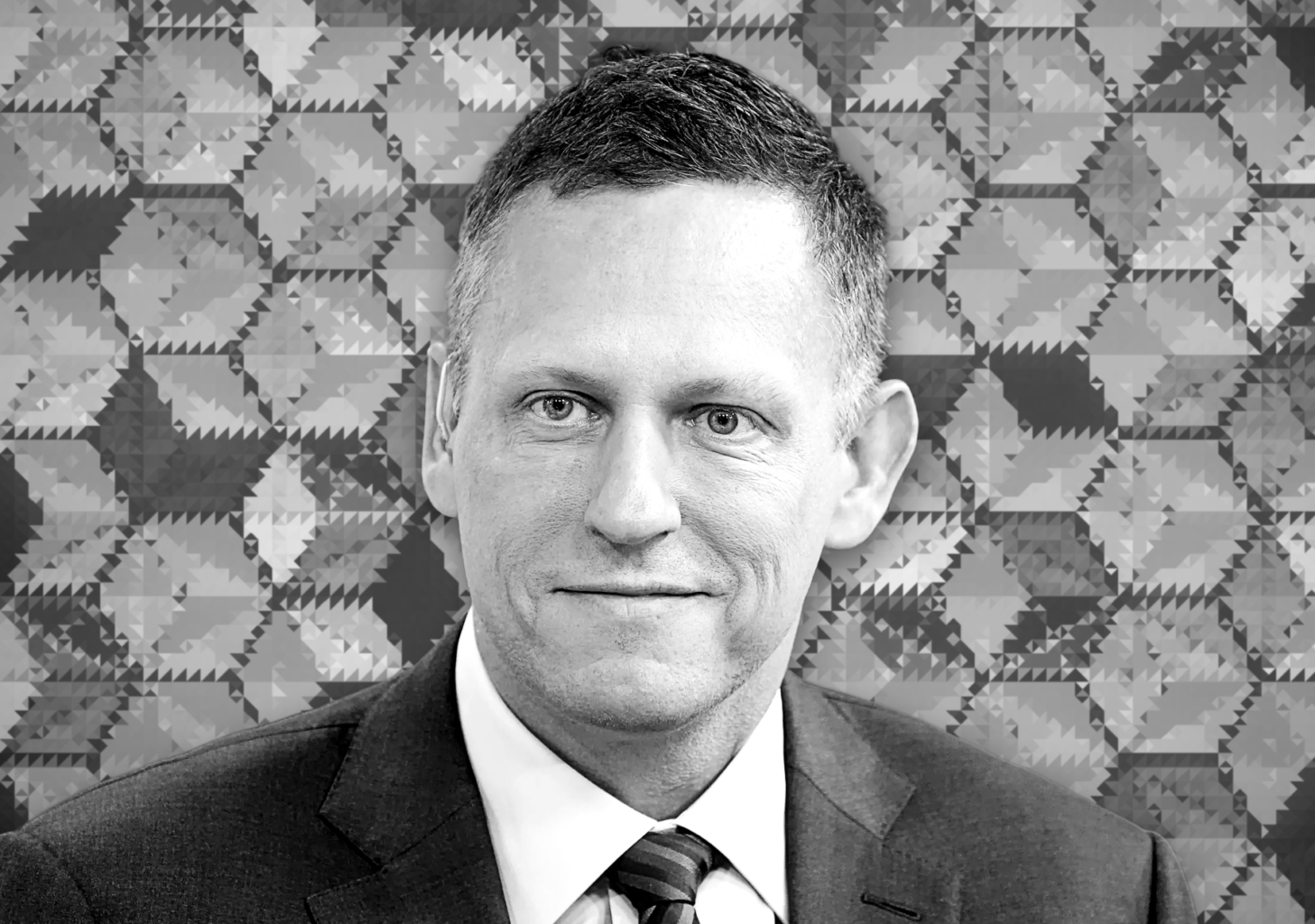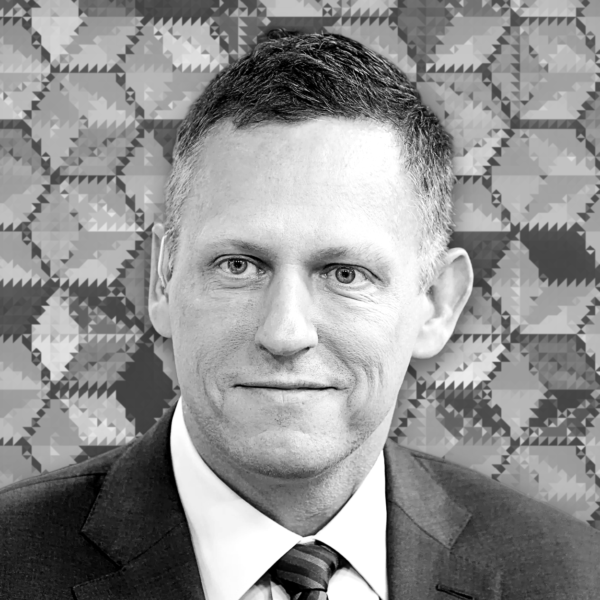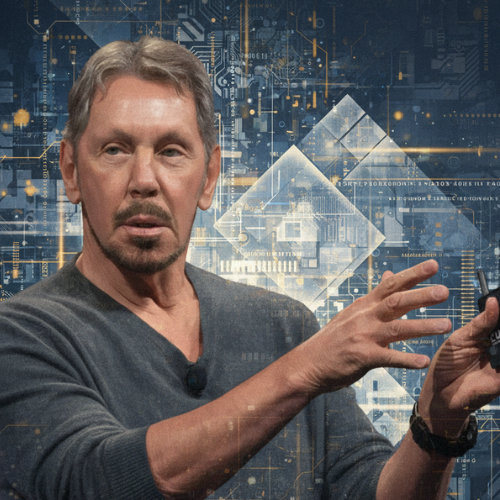
Peter Thiel’s capital stack: A contrarian view for family offices
Peter Thiel is one of Silicon Valley’s most influential and polarising figures. A billionaire investor, PayPal co-founder, and early Facebook backer, he is also the driving force behind Palantir and Founders Fund. Known for his contrarian worldview and libertarian ideology, Thiel has built a layered approach to managing his wealth. His method blends operating companies, venture bets, political influence, and personal privacy strategies. This case study examines his “capital stack.” In addition, it offers family offices a rare look at how conviction, ideology, and secrecy can turn into enduring power. And links the risks associated with his approach.

From PayPal to Palantir, Peter Thiel has built a layered wealth strategy spanning companies, venture bets, ideology, and privacy. Here’s how it stacks up.
About the Company
Thiel Capital, LLC
- Location USA (primarily San Francisco / Los Angeles)
- Type Private investment firm (family office–style)
- Founded 2011
- Services Manages Peter Thiel’s personal capital, direct investments, venture funding, philanthropy, and strategic initiatives
Layer 1: Operating companies – Building the core
Peter Thiel’s wealth story begins with PayPal, the payments company he co-founded in 1998. The company redefined how money moved online and ultimately sold to eBay for $1.5 billion. The venture did more than make Thiel rich. It created the “PayPal Mafia,” a generation of entrepreneurs and investors who went on to build companies such as Tesla, YouTube, and LinkedIn. Thiel’s own next major operating company, Palantir, built on his conviction that technology could be applied to the most complex problems of national security, intelligence, and data analysis. Palantir became one of the most strategically important firms in the world. It is now working with governments and corporations on sensitive projects that other investors shied away from. These operating companies gave Thiel not just capital, but lasting influence and a platform for pursuing his contrarian worldview.
Layer 2: Venture bets – Asymmetric upside
Beyond his own companies, Thiel distinguished himself as a venture investor with an appetite for bold, non-consensus bets. His $500,000 investment in Facebook famously returned over a billion dollars, setting the tone for a strategy built on asymmetric risk. Through Founders Fund, the venture capital firm he co-founded in 2005, Thiel institutionalised this approach. He also established Thiel Capital, his private investment vehicle often described as his de facto family office. It manages his personal capital across venture, philanthropy, and strategic bets. Together, these platforms have allowed Thiel to back frontier technologies in aerospace, artificial intelligence, and biotech at a time when traditional capital often hesitated.
Layer 3: Ideological influence – Capital as power
Thiel’s capital has not been confined to business. He has consistently used his wealth to advance ideological goals, particularly through a libertarian lens. His political contributions — including early support for Donald Trump and strong backing of Ohio senator JD Vance — illustrate his belief that money is a tool not only for markets but for shaping governance and culture. Thiel has also funded fellowships to encourage young entrepreneurs to leave traditional education behind, betting on a new generation of outsiders to disrupt established systems. In doing so, he positioned his fortune as a lever of influence that extended far beyond finance.
Layer 4: Privacy and hedging – Protecting the individual
Unlike many public-facing billionaires, Thiel has long emphasised privacy and personal security. He has taken New Zealand citizenship, established offshore structures, and carefully limited his own exposure to the media, preferring a strategy of discretion and control. These moves signal an awareness that wealth is not just to be grown but to be shielded against reputational, legal, and geopolitical risk. By cultivating optionality across borders and maintaining a degree of mystery, Thiel has built resilience into his personal legacy as much as his investment portfolio.
Applying the Thiel Method
-
Concentration can create outsized returns — Thiel’s fortunes from Facebook and Palantir show how a few bold bets can define generational wealth. Family offices can draw from this, while also recognising the risks of tying too much to one conviction.
-
Networks amplify capital — the PayPal Mafia demonstrates that the right ecosystem can be as valuable as the capital itself, turning peers into co-investors and partners across decades.
-
Capital shapes culture — by funnelling resources into politics and ideology, Thiel illustrates how wealth can be used to influence beyond markets. Families must decide whether their capital is purely financial, or also a tool for legacy and values.
-
Privacy is resilience — Thiel’s emphasis on jurisdictional diversification and secrecy underscores the role of discretion in long-term wealth continuity.
From contrarian to canon
Peter Thiel’s capital stack is as contrarian as his worldview. From building operating companies that shifted industries, to backing the most audacious ventures, to using wealth as an ideological weapon, he has shown how fortune can be layered into influence. His methods invite admiration and criticism in equal measure, but for family offices, they present a rare blueprint: conviction over consensus, secrecy over visibility, and ideology as strategy. Whether one agrees with his politics or not, Thiel’s approach makes clear that wealth is never neutral — it is a tool for shaping both markets and futures.
Further Reading

Peter Thiel’s capital stack: A contrarian view for family offices
InvestmentsPeter Thiel is one of Silicon Valley’s most influential and polarising figures. A billionaire investor, PayPal co-founder, and early Facebook backer, he is also the driving force behind Palantir and Founders Fund. Known for his contrarian worldview and libertarian ideology, Thiel has built a layered approach to managing his wealth. His method blends operating companies, […]

From fragmentation to focus: A $200M portfolio transformation
Technology StacksA UK-based multi-generational single-family office managing over $200 million faced challenges managing its complex portfolio spread across multiple continents and assets. As their sophisticated investments exceeded the limits of their operational infrastructure, they partnered with IQ-EQ to develop a tailored solution. This case study outlines how IQ-EQ helped them shift from a reactive to a […]

The hidden drains on family office portfolios and how to stop them
Listed Stocks & BondsWhen Greenlock started working with funds, a single-family office client asked them to audit their structure. At first, everything looked standard — until they stumbled upon a curious share class. The minimum investment was just $10k, designed for plain-vanilla retail investors with the highest regulatory protection and enormous embedded retrocessions. Clearly, it was not a […]

Larry Ellison: The unconventional billionaire and his family office
LeadershipLawrence Joseph Ellison is one of the world’s most enigmatic billionaires. As a two-time college dropout and a personal friend of the late Steve Jobs and Elon Musk, he has built a reputation for his bold, unconventional approaches to business and lifestyle. As the founder and former CEO of Oracle Corporation, he has chartered a […]
